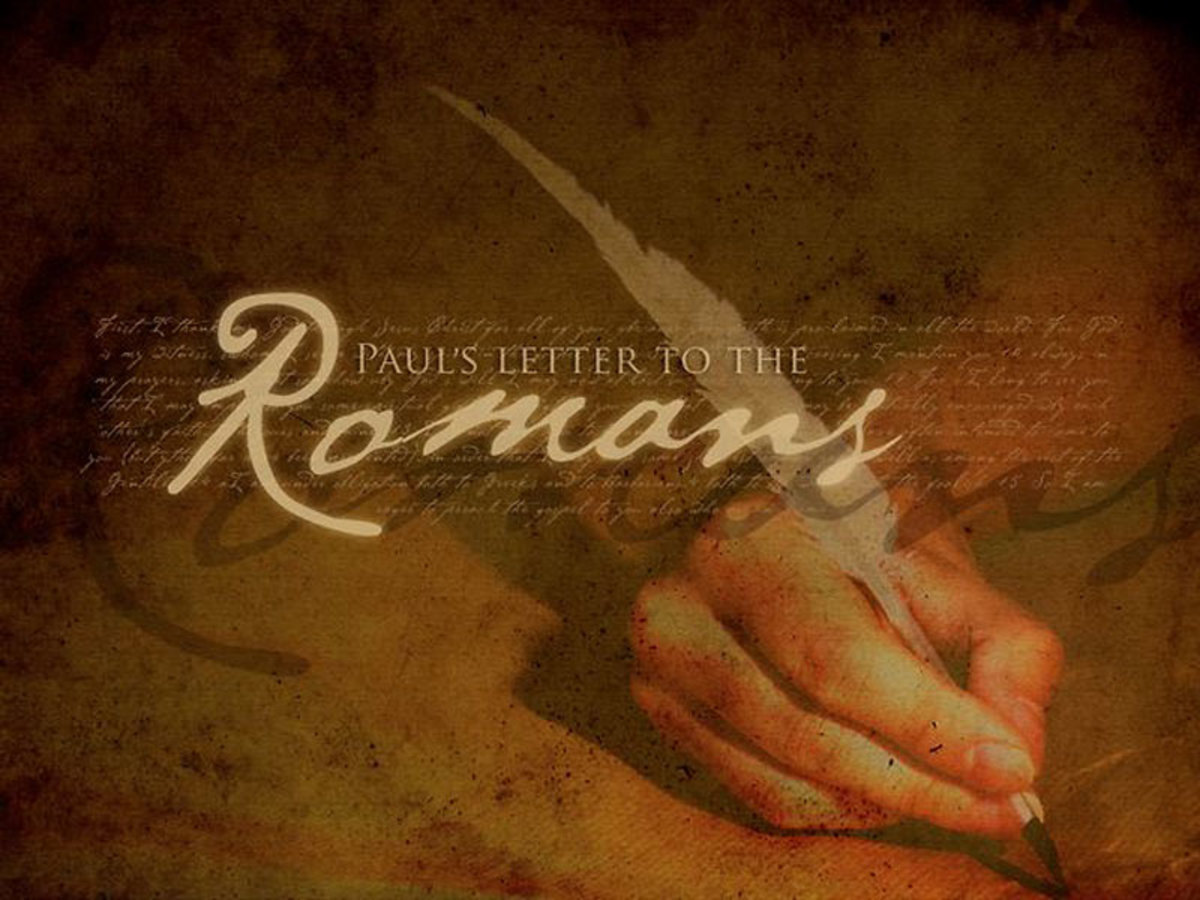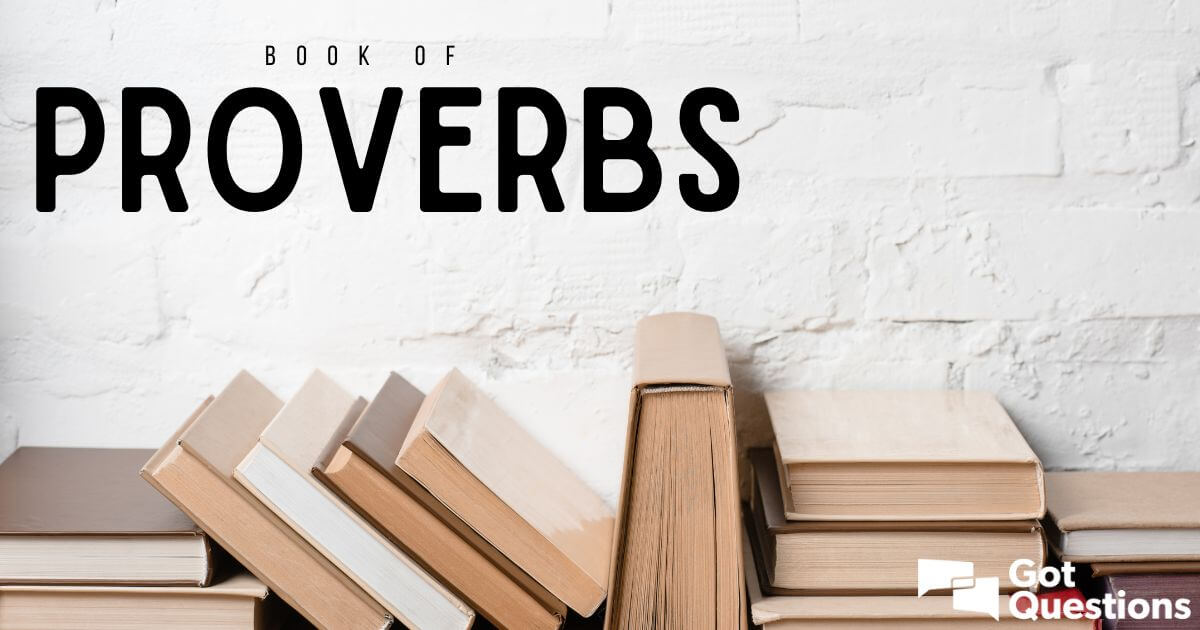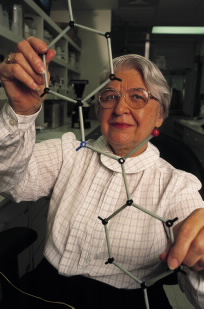2 Chronicles 29:1-36 (The Message)
2 Chronicles 29
King Hezekiah
1-2 Hezekiah became king when he was twenty-five years old and was king in Jerusalem for twenty-nine years. His mother was Abijah daughter of Zechariah. In God's opinion he was a good king; he kept to the standards of his ancestor David. 3-9 In the first month of the first year of his reign, Hezekiah, having first repaired the doors of The Temple of God, threw them open to the public. He assembled the priests and Levites in the court on the east side and said, "Levites, listen! Consecrate yourselves and consecrate The Temple of God—give this much-defiled place a good housecleaning. Our ancestors went wrong and lived badly before God—they discarded him, turned away from this house where we meet with God, and walked off. They boarded up the doors, turned out the lights, and canceled all the acts of worship of the God of Israel in the holy Temple. And because of that, God's anger flared up and he turned those people into a public exhibit of disaster, a moral history lesson—look and read! This is why our ancestors were killed, and this is why our wives and sons and daughters were taken prisoner and made slaves.
10-11 "I have decided to make a covenant with the God of Israel and turn history around so that God will no longer be angry with us. Children, don't drag your feet in this! God has chosen you to take your place before him to serve in conducting and leading worship—this is your life work; make sure you do it and do it well."
12-17 The Levites stood at attention: Mahath son of Amasai and Joel son of Azariah from the Kohathites; Kish son of Abdi and Azariah son of Jehallelel from the Merarites; Joah son of Zimmah and Eden son of Joah from the Gershonites; Shimri and Jeiel sons of Elizaphan; Zechariah and Mattaniah sons of Asaph; Jehiel and Shimei of the family of Heman; Shemaiah and Uzziel of the family of Jeduthun. They presented themselves and their brothers, consecrated themselves, and set to work cleaning up The Temple of God as the king had directed—as God directed! The priests started from the inside and worked out; they emptied the place of the accumulation of defiling junk—pagan rubbish that had no business in that holy place—and the Levites hauled it off to the Kidron Valley. They began the Temple cleaning on the first day of the first month and by the eighth day they had worked their way out to the porch—eight days it took them to clean and consecrate The Temple itself, and in eight more days they had finished with the entire Temple complex.
18-19 Then they reported to Hezekiah the king, "We have cleaned up the entire Temple of God, including the Altar of Whole-Burnt-Offering and the Table of the Bread of the Presence with their furnishings. We have also cleaned up and consecrated all the vessels which King Ahaz had gotten rid of during his misrule. Take a look; we have repaired them. They're all there in front of the Altar of God."
20-24 Then Hezekiah the king went to work: He got all the leaders of the city together and marched to The Temple of God. They brought with them seven bulls, seven rams, seven lambs, and seven he-goats to sacrifice as an Absolution-Offering for the royal family, for the Sanctuary, and for Judah as a whole; he directed the Aaronite priests to sacrifice them on the Altar of God. The priests butchered the bulls and then took the blood and sprinkled it on the Altar, and then the same with the rams and lambs. Finally they brought the goats up; the king and congregation laid their hands upon them. The priests butchered them and made an Absolution-Offering with their blood at the Altar to atone for the sin of all Israel—the king had ordered that the Whole-Burnt-Offering and the Absolution-Offering be for all Israel.
25-26 The king ordered the Levites to take their places in The Temple of God with their musical instruments—cymbals, harps, zithers—following the original instructions of David, Gad the king's seer, and Nathan the prophet; this was God's command conveyed by his prophets. The Levites formed the orchestra of David, while the priests took up the trumpets.
27-30 Then Hezekiah gave the signal to begin: The Whole-Burnt-Offering was offered on the Altar; at the same time the sacred choir began singing, backed up by the trumpets and the David orchestra while the entire congregation worshiped. The singers sang and the trumpeters played all during the sacrifice of the Whole-Burnt-Offering. When the offering of the sacrifice was completed, the king and everyone there knelt to the ground and worshiped. Then Hezekiah the king and the leaders told the Levites to finish things off with anthems of praise to God using lyrics by David and Asaph the seer. They sang their praises with joy and reverence, kneeling in worship.
31-35 Hezekiah then made this response: "The dedication is complete—you're consecrated to God. Now you're ready: Come forward and bring your sacrifices and Thank-Offerings to The Temple of God."
And come they did. Everyone in the congregation brought sacrifices and Thank-Offerings and some, overflowing with generosity, even brought Whole-Burnt-Offerings, a generosity expressed in seventy bulls, a hundred rams, and two hundred lambs—all for Whole-Burnt-Offerings for God! The total number of animals consecrated for sacrifice that day amounted to six hundred bulls and three thousand sheep. They ran out of priests qualified to slaughter all the Whole-Burnt-Offerings so their brother Levites stepped in and helped out while other priests consecrated themselves for the work. It turned out that the Levites had been more responsible in making sure they were properly consecrated than the priests had been. Besides the overflow of Whole-Burnt-Offerings there were also choice pieces for the Peace-Offerings and lavish libations that went with the Whole-Burnt-Offerings. The worship in The Temple of God was on a firm footing again!
36 Hezekiah and the congregation celebrated: God had established a firm foundation for the lives of the people—and so quickly!
10-11 "I have decided to make a covenant with the God of Israel and turn history around so that God will no longer be angry with us. Children, don't drag your feet in this! God has chosen you to take your place before him to serve in conducting and leading worship—this is your life work; make sure you do it and do it well."
12-17 The Levites stood at attention: Mahath son of Amasai and Joel son of Azariah from the Kohathites; Kish son of Abdi and Azariah son of Jehallelel from the Merarites; Joah son of Zimmah and Eden son of Joah from the Gershonites; Shimri and Jeiel sons of Elizaphan; Zechariah and Mattaniah sons of Asaph; Jehiel and Shimei of the family of Heman; Shemaiah and Uzziel of the family of Jeduthun. They presented themselves and their brothers, consecrated themselves, and set to work cleaning up The Temple of God as the king had directed—as God directed! The priests started from the inside and worked out; they emptied the place of the accumulation of defiling junk—pagan rubbish that had no business in that holy place—and the Levites hauled it off to the Kidron Valley. They began the Temple cleaning on the first day of the first month and by the eighth day they had worked their way out to the porch—eight days it took them to clean and consecrate The Temple itself, and in eight more days they had finished with the entire Temple complex.
18-19 Then they reported to Hezekiah the king, "We have cleaned up the entire Temple of God, including the Altar of Whole-Burnt-Offering and the Table of the Bread of the Presence with their furnishings. We have also cleaned up and consecrated all the vessels which King Ahaz had gotten rid of during his misrule. Take a look; we have repaired them. They're all there in front of the Altar of God."
20-24 Then Hezekiah the king went to work: He got all the leaders of the city together and marched to The Temple of God. They brought with them seven bulls, seven rams, seven lambs, and seven he-goats to sacrifice as an Absolution-Offering for the royal family, for the Sanctuary, and for Judah as a whole; he directed the Aaronite priests to sacrifice them on the Altar of God. The priests butchered the bulls and then took the blood and sprinkled it on the Altar, and then the same with the rams and lambs. Finally they brought the goats up; the king and congregation laid their hands upon them. The priests butchered them and made an Absolution-Offering with their blood at the Altar to atone for the sin of all Israel—the king had ordered that the Whole-Burnt-Offering and the Absolution-Offering be for all Israel.
25-26 The king ordered the Levites to take their places in The Temple of God with their musical instruments—cymbals, harps, zithers—following the original instructions of David, Gad the king's seer, and Nathan the prophet; this was God's command conveyed by his prophets. The Levites formed the orchestra of David, while the priests took up the trumpets.
27-30 Then Hezekiah gave the signal to begin: The Whole-Burnt-Offering was offered on the Altar; at the same time the sacred choir began singing, backed up by the trumpets and the David orchestra while the entire congregation worshiped. The singers sang and the trumpeters played all during the sacrifice of the Whole-Burnt-Offering. When the offering of the sacrifice was completed, the king and everyone there knelt to the ground and worshiped. Then Hezekiah the king and the leaders told the Levites to finish things off with anthems of praise to God using lyrics by David and Asaph the seer. They sang their praises with joy and reverence, kneeling in worship.
31-35 Hezekiah then made this response: "The dedication is complete—you're consecrated to God. Now you're ready: Come forward and bring your sacrifices and Thank-Offerings to The Temple of God."
And come they did. Everyone in the congregation brought sacrifices and Thank-Offerings and some, overflowing with generosity, even brought Whole-Burnt-Offerings, a generosity expressed in seventy bulls, a hundred rams, and two hundred lambs—all for Whole-Burnt-Offerings for God! The total number of animals consecrated for sacrifice that day amounted to six hundred bulls and three thousand sheep. They ran out of priests qualified to slaughter all the Whole-Burnt-Offerings so their brother Levites stepped in and helped out while other priests consecrated themselves for the work. It turned out that the Levites had been more responsible in making sure they were properly consecrated than the priests had been. Besides the overflow of Whole-Burnt-Offerings there were also choice pieces for the Peace-Offerings and lavish libations that went with the Whole-Burnt-Offerings. The worship in The Temple of God was on a firm footing again!
36 Hezekiah and the congregation celebrated: God had established a firm foundation for the lives of the people—and so quickly!
Romans 14:1-23 (The Message)
Romans 14
Cultivating Good Relationships
1 Welcome with open arms fellow believers who don't see things the way you do. And don't jump all over them every time they do or say something you don't agree with—even when it seems that they are strong on opinions but weak in the faith department. Remember, they have their own history to deal with. Treat them gently. 2-4For instance, a person who has been around for a while might well be convinced that he can eat anything on the table, while another, with a different background, might assume he should only be a vegetarian and eat accordingly. But since both are guests at Christ's table, wouldn't it be terribly rude if they fell to criticizing what the other ate or didn't eat? God, after all, invited them both to the table. Do you have any business crossing people off the guest list or interfering with God's welcome? If there are corrections to be made or manners to be learned, God can handle that without your help.
5Or, say, one person thinks that some days should be set aside as holy and another thinks that each day is pretty much like any other. There are good reasons either way. So, each person is free to follow the convictions of conscience.
6-9What's important in all this is that if you keep a holy day, keep it for God's sake; if you eat meat, eat it to the glory of God and thank God for prime rib; if you're a vegetarian, eat vegetables to the glory of God and thank God for broccoli. None of us are permitted to insist on our own way in these matters. It's God we are answerable to—all the way from life to death and everything in between—not each other. That's why Jesus lived and died and then lived again: so that he could be our Master across the entire range of life and death, and free us from the petty tyrannies of each other.
10-12So where does that leave you when you criticize a brother? And where does that leave you when you condescend to a sister? I'd say it leaves you looking pretty silly—or worse. Eventually, we're all going to end up kneeling side by side in the place of judgment, facing God. Your critical and condescending ways aren't going to improve your position there one bit. Read it for yourself in Scripture:
"As I live and breathe," God says,
"every knee will bow before me;
Every tongue will tell the honest truth
that I and only I am God."
So tend to your knitting. You've got your hands full just taking care of your own life before God.
13-14Forget about deciding what's right for each other. Here's what you need to be concerned about: that you don't get in the way of someone else, making life more difficult than it already is. I'm convinced—Jesus convinced me!—that everything as it is in itself is holy. We, of course, by the way we treat it or talk about it, can contaminate it.
15-16If you confuse others by making a big issue over what they eat or don't eat, you're no longer a companion with them in love, are you? These, remember, are persons for whom Christ died. Would you risk sending them to hell over an item in their diet? Don't you dare let a piece of God-blessed food become an occasion of soul-poisoning!
17-18God's kingdom isn't a matter of what you put in your stomach, for goodness' sake. It's what God does with your life as he sets it right, puts it together, and completes it with joy. Your task is to single-mindedly serve Christ. Do that and you'll kill two birds with one stone: pleasing the God above you and proving your worth to the people around you.
19-21So let's agree to use all our energy in getting along with each other. Help others with encouraging words; don't drag them down by finding fault. You're certainly not going to permit an argument over what is served or not served at supper to wreck God's work among you, are you? I said it before and I'll say it again: All food is good, but it can turn bad if you use it badly, if you use it to trip others up and send them sprawling. When you sit down to a meal, your primary concern should not be to feed your own face but to share the life of Jesus. So be sensitive and courteous to the others who are eating. Don't eat or say or do things that might interfere with the free exchange of love.
22-23Cultivate your own relationship with God, but don't impose it on others. You're fortunate if your behavior and your belief are coherent. But if you're not sure, if you notice that you are acting in ways inconsistent with what you believe—some days trying to impose your opinions on others, other days just trying to please them—then you know that you're out of line. If the way you live isn't consistent with what you believe, then it's wrong.
5Or, say, one person thinks that some days should be set aside as holy and another thinks that each day is pretty much like any other. There are good reasons either way. So, each person is free to follow the convictions of conscience.
6-9What's important in all this is that if you keep a holy day, keep it for God's sake; if you eat meat, eat it to the glory of God and thank God for prime rib; if you're a vegetarian, eat vegetables to the glory of God and thank God for broccoli. None of us are permitted to insist on our own way in these matters. It's God we are answerable to—all the way from life to death and everything in between—not each other. That's why Jesus lived and died and then lived again: so that he could be our Master across the entire range of life and death, and free us from the petty tyrannies of each other.
10-12So where does that leave you when you criticize a brother? And where does that leave you when you condescend to a sister? I'd say it leaves you looking pretty silly—or worse. Eventually, we're all going to end up kneeling side by side in the place of judgment, facing God. Your critical and condescending ways aren't going to improve your position there one bit. Read it for yourself in Scripture:
"As I live and breathe," God says,
"every knee will bow before me;
Every tongue will tell the honest truth
that I and only I am God."
So tend to your knitting. You've got your hands full just taking care of your own life before God.
13-14Forget about deciding what's right for each other. Here's what you need to be concerned about: that you don't get in the way of someone else, making life more difficult than it already is. I'm convinced—Jesus convinced me!—that everything as it is in itself is holy. We, of course, by the way we treat it or talk about it, can contaminate it.
15-16If you confuse others by making a big issue over what they eat or don't eat, you're no longer a companion with them in love, are you? These, remember, are persons for whom Christ died. Would you risk sending them to hell over an item in their diet? Don't you dare let a piece of God-blessed food become an occasion of soul-poisoning!
17-18God's kingdom isn't a matter of what you put in your stomach, for goodness' sake. It's what God does with your life as he sets it right, puts it together, and completes it with joy. Your task is to single-mindedly serve Christ. Do that and you'll kill two birds with one stone: pleasing the God above you and proving your worth to the people around you.
19-21So let's agree to use all our energy in getting along with each other. Help others with encouraging words; don't drag them down by finding fault. You're certainly not going to permit an argument over what is served or not served at supper to wreck God's work among you, are you? I said it before and I'll say it again: All food is good, but it can turn bad if you use it badly, if you use it to trip others up and send them sprawling. When you sit down to a meal, your primary concern should not be to feed your own face but to share the life of Jesus. So be sensitive and courteous to the others who are eating. Don't eat or say or do things that might interfere with the free exchange of love.
22-23Cultivate your own relationship with God, but don't impose it on others. You're fortunate if your behavior and your belief are coherent. But if you're not sure, if you notice that you are acting in ways inconsistent with what you believe—some days trying to impose your opinions on others, other days just trying to please them—then you know that you're out of line. If the way you live isn't consistent with what you believe, then it's wrong.
Psalm 24:1-10 (The Message)
Psalm 24
A David Psalm
1-2 God claims Earth and everything in it, God claims World and all who live on it.
He built it on Ocean foundations,
laid it out on River girders.
3-4 Who can climb Mount God?
Who can scale the holy north-face?
Only the clean-handed,
only the pure-hearted;
Men who won't cheat,
women who won't seduce.
5-6 God is at their side;
with God's help they make it.
This, Jacob, is what happens
to God-seekers, God-questers.
7 Wake up, you sleepyhead city!
Wake up, you sleepyhead people!
King-Glory is ready to enter.
8 Who is this King-Glory?
God, armed
and battle-ready.
9 Wake up, you sleepyhead city!
Wake up, you sleepyhead people!
King-Glory is ready to enter.
10 Who is this King-Glory?
God-of-the-Angel-Armies:
he is King-Glory.
He built it on Ocean foundations,
laid it out on River girders.
3-4 Who can climb Mount God?
Who can scale the holy north-face?
Only the clean-handed,
only the pure-hearted;
Men who won't cheat,
women who won't seduce.
5-6 God is at their side;
with God's help they make it.
This, Jacob, is what happens
to God-seekers, God-questers.
7 Wake up, you sleepyhead city!
Wake up, you sleepyhead people!
King-Glory is ready to enter.
8 Who is this King-Glory?
God, armed
and battle-ready.
9 Wake up, you sleepyhead city!
Wake up, you sleepyhead people!
King-Glory is ready to enter.
10 Who is this King-Glory?
God-of-the-Angel-Armies:
he is King-Glory.
Proverbs 20:12 (The Message)
Drinking from the Chalice of Knowledge
12 Ears that hear and eyes that see—
we get our basic equipment from God!
we get our basic equipment from God!











